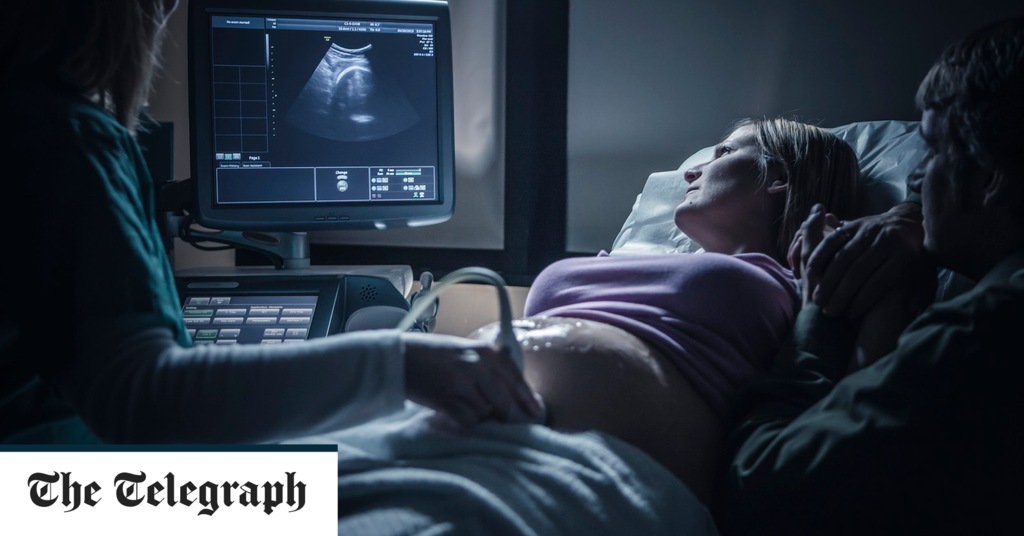Congenital disorders
Mothers aged 23 to 32 ‘least likely to have babies with congenital disorders’
Mothers aged between 23 and 32 are less likely to have babies with congenital disorders than older and younger women, research suggests.
Women who have a baby before the age of 23 face a 20 per cent higher chance of it developing abnormalities, data show, while those over the age of 32 are 15 per cent more at risk.
Hungarian scientists found that the 10-year window is bookended by increased risks of foetal abnormalities, which scientists call “non-chromosomal congenital anomalies”.
A study from Semmelweis University in Budapest looked at data from 2.8 million pregnancies between 1980 and 2008 and compared healthy terms with 31,000 which involved developmental disorders.
It found that defects of the central nervous system are the most common danger in younger mothers, while heart conditions and cleft lip and palate occur most often for older mothers.
The window between 23 and 32 years old is “the ideal age for giving birth”, said Dr Boglárka Pethő, the study’s lead author.
Lifestyle may explain increased risk
Previous research has drawn a link between genetic conditions, such as Down’s syndrome, and the age of the mother, but little work has looked at whether maternal age affects the prevalence of congenital conditions without a genetic origin.
“Non-genetic birth disorders can often develop from the mothers’ long-term exposure to environmental effects,” said Prof Nándor Ács, the study’s co-author.
He added that lifestyle, the environment and other external factors may play a role in explaining the increased risk of defects in the foetuses of younger and older would-be mothers.
“We can only assume why non-chromosomal birth anomalies are more likely to develop in certain age groups,” she said.
For young mothers, it could be mainly lifestyle factors such as smoking, or drug or alcohol consumption, and that they are often not prepared for pregnancy.
“Among advanced-aged mothers, the accumulation of environmental effects such as exposure to chemicals and air pollution, the deterioration of DNA repair mechanisms, and the ageing of the eggs and endometrium [the layer of tissue that lines the uterus] can also play a role.
“Further research is needed to identify the exact causes.”
The study found that the risk of heart defects was 7 per cent higher in the foetuses of young mothers (aged 22 and below), and 33 per cent higher in mature mothers (aged above 32).
The risk of developing cleft lip and palate can increase by 9 per cent in the children of young mothers and by 45 per cent in pregnancies over the age of 32, the research also found.
‘Prevention crucial’
Of anomalies affecting only young mothers, central nervous system malformations of the foetus were the most prominent, with a 25 per cent increased risk.
Among the abnormalities affecting only the foetuses of older mothers are disorders of the head, neck, ears and eyes, which showed a doubling in risk compared with women in the “ideal” age bracket of 23 to 32.
Between 3 to 5 per cent of births worldwide are estimated to end with some form of developmental disorder, and have been among the leading causes of death for newborns.
The researchers warned that prevention is crucial in the case of mothers over the age of 32.
They recommended taking folic acid and vitamins – to help avoid development problems – and adapting screening protocols to age-related risk factors worldwide.
The research was published in the International Journal of Obstetrics and Gynaecology.

